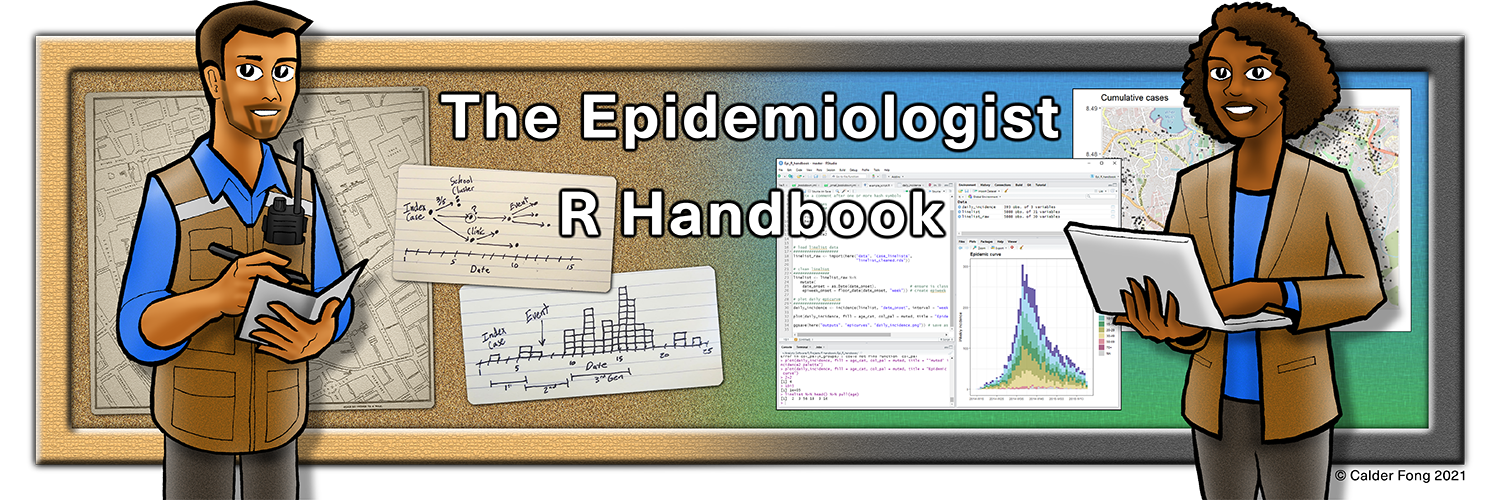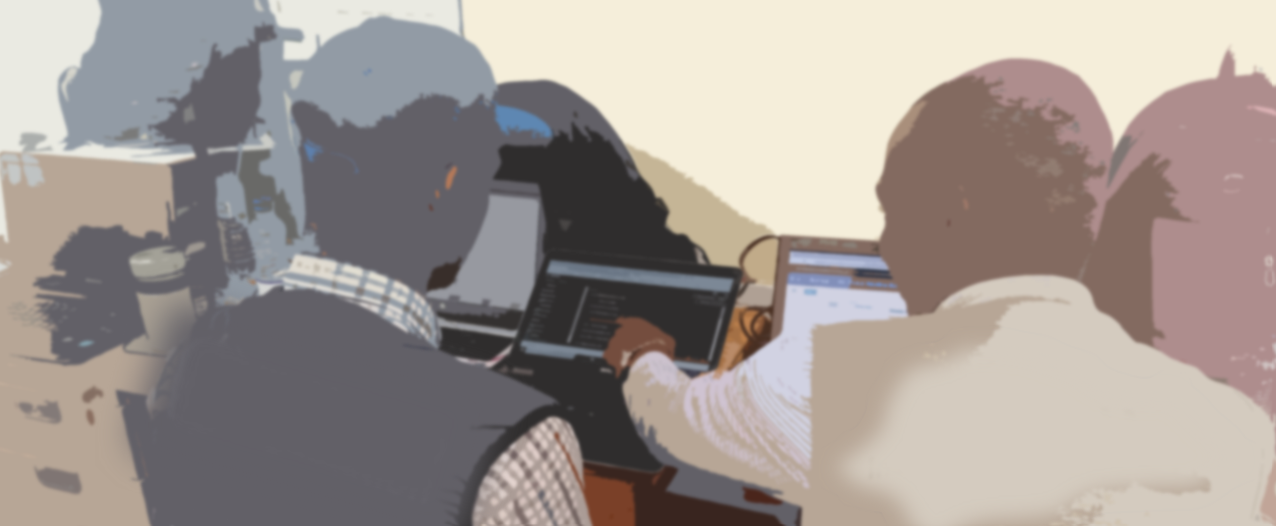The story of Applied Epi
Origin and future
Applied Epi was created by and for frontline epidemiologists
We are ground-level practitioners who have spent decades working in local and district health agencies, fighting outbreaks neighborhood-by-neighborhood, and doing the difficult and messy work of building the foundational health and data systems upon which public health insights depend.
The COVID-19 pandemic has put an intense spotlight on the discipline of epidemiology, most prominently on globally-recognized health officials and academic scientists. But worldwide, most actionable epidemiological insight and impact derives from practitioners working at the local level - data managers, epidemiologists, public health practitioners, and clinicians who collect operational data, analyse trends, and communicate findings to guide strategic response to health needs in their local communities.
Applied Epi emerged to support these frontline practitioners, and we started by addressing an unmet need in applied epidemiology.
The story of Applied Epi begins with the Epidemiologist R Handbook
Applied Epi emerged to address an unmet need in applied epidemiology.
In 2020 while working the epidemiological frontline of COVID-19 response, Applied Epi co-founders Neale Batra and Alex Spina found themselves fielding similar requests from colleagues all over the world. Over and over, they heard from public health responders who wanted to use R, a free, open-source analytical software, but lacked accessible R training materials relevant to their day-to-day tasks on the ground.
R has been used in other disciplines for 25 years but only recently in public health. Now, R’s flexibility, cutting-edge capabilities, brilliant visualizations, and sleek automated reports were proving invaluable in the fast-changing pandemic context.
Unfortunately, R remained inaccessible to many public health responders who needed it most. Existing R training materials for health audiences were either focused on academic epidemiology, assumed familiarity with computer science, or were expensive.
Building a grassroots movement
In November 2020, Neale and Alex convened an independent group of 50 collaborators who worked in their spare time to create The Epidemiologist R Handbook - a manual specifically addressing the analytical challenges facing frontline epidemiologists. Partners like Médecins Sans Frontières and TEPHINET (a global network of field epidemiology training programs) field-tested and accelerated production of the handbook.

Widespread adoption
On May 10, 2021 the Epi R Handbook launched and within 24 hours had been viewed by more than 11,000 people. Volunteers offered to translate the handbook into 9 languages, and it was rapidly adopted into training curricula at universities, government agencies, and field epidemiology training programs. Within six months, over 97,000 people had used the handbook, including 25,000 people in low- and middle-income countries.
With the user community rapidly expanding and requests for collaboration arriving from all sides, it was decided to form the non-profit organization Applied Epi to sustain and build upon the Epi R Handbook.
From 30 hours to 30 minutes
Since launching the Epi R Handbook, we have been inundated with stories of how transitioning to R has had dramatic impacts for epidemiologists working all over the world.
In one story, a Haitian epidemiologist described how he used to struggle for 30 hours each week in Excel with tedious, uninspiring, and error-prone workflows. After several months of learning R with the Epi R Handbook, those same weekly analyses now take 30 minutes and are agile, robust, and reproducible.

Beyond R: our vision for epidemiology that is more advanced, efficient, standardized, accessible, and equitable
For Applied Epi, R is the starting place, but it is a vehicle to reach larger objectives.
Standardized code leads to standardized methods
By implementing a standard analytical language, we open the door to standardisation of epidemiological methods. Applied Epi is convening practitioner and academic stakeholders to consolidate and validate the currently varied approaches to surveys, sampling, outbreak response, reporting, and modeling.
Smoother emergency response
Response entities use a variety of tools to assess situations, analyse data, and produce reports. Adoption of R as the common analytical language will improve collaboration and reduce duplication of efforts.
More competitive epidemiologists from the global south
R is a highly-marketable programming skill that users in low-income settings can use to advance their careers and transform the capabilities of their local health systems.
More accessible and practical epidemiology training
Currently, aspiring epidemiologists face barriers such as high tuition, visa restrictions, limited seats, and curricula that do not address the challenges of frontline practice. Applied Epi is developing educational pathways that will be high-quality, comprehensive, and open to aspiring epidemiologists everywhere.
Shape the coming transformation
The shift to programmed epidemiological analytics is coming. Let’s work together to ensure it centers the needs and context of frontline practitioners, is led by grassroots initiatives, and features open-source software that gives power to end-users anywhere.